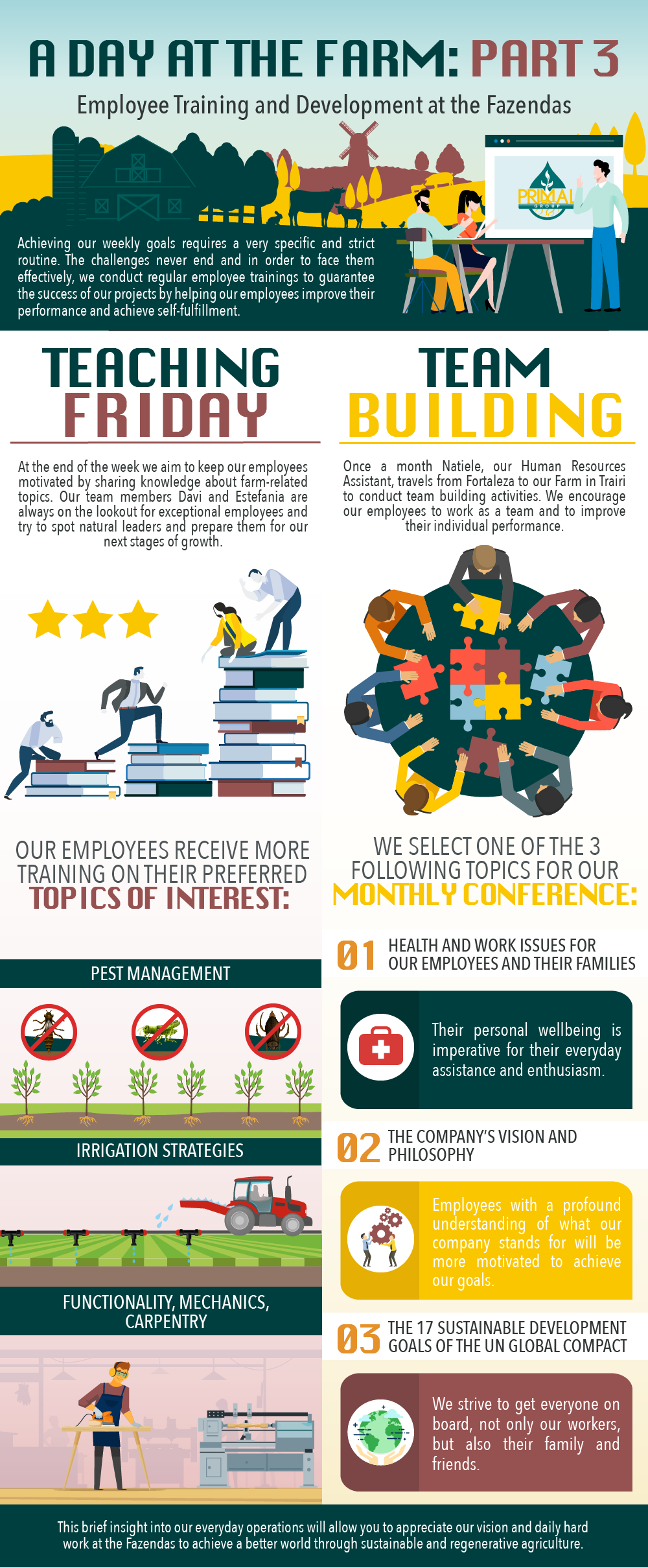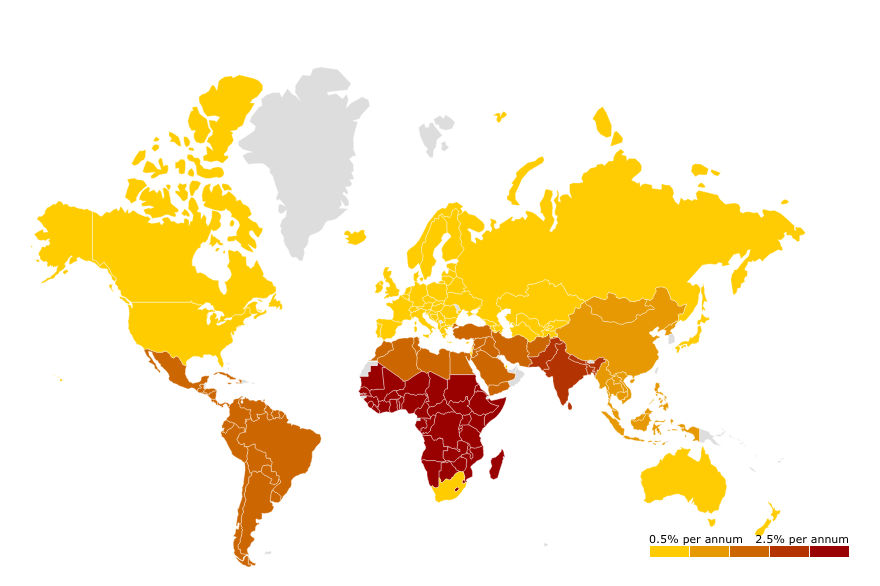Climate Report: Extreme Weather Will Continue to Pound US and Global Economy
Throughout the Northern Hemisphere this summer, heat waves have been breaking records and sustaining wildfires of unprecedented fury. These events are providing further proof that a changing climate continues to lead to severe consequences for humanity. At least 85 people were killed during the recent series of wildfires that struck California; 249 are listed as missing. Nearly 19,000 buildings, most of them homes, have been destroyed. A report released by the White House and created by the US Global Change Research Program states that an increase in climate change could continue to cause wildfires, heat waves and strong hurricanes across the United States. …
 …
…